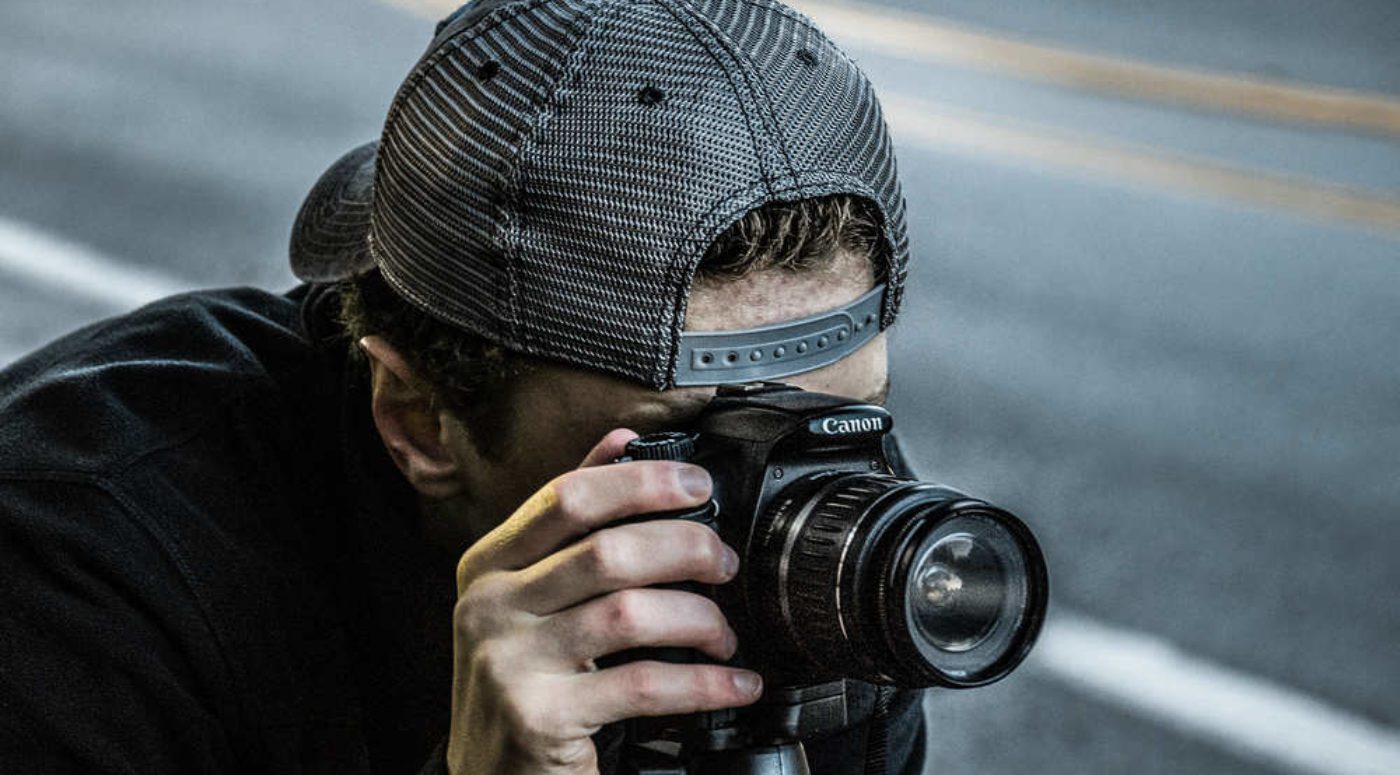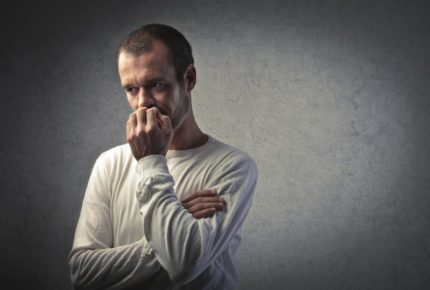

If you’ve been accused of making indecent images for the first time, it can be a confusing and distressing experience. The offence of making indecent images has become increasingly serious over the years with the growth in the use of Internet-enabled devices and is viewed harshly under English law due to the impact the crime has not only on individuals but on communities more broadly. Understanding the nature of the offence can help individuals make informed decisions about their case. This article aims to provide clarity by breaking down what happens when someone is accused of making indecent images for the first time, including the legal definition of the offence, examples, potential sentencing, and possible defences.
What is the offence of making indecent images?
Making explicit or sexually suggestive photographs or pseudo-photographs of a child (someone under the age of 18) is an offence under Section 1(1)(a) of the Protection of Children Act 1978. The prosecution have several elements they must prove beyond a reasonable doubt to secure a conviction in court:
- Taking, or Permitting to be Taken, or Making: The defendant must have taken, or permitted to be taken or made indecent photographs or pseudo-photographs of a child through downloading. These images typically involve explicit or sexually suggestive content.
- Age of the Subject: The images concerned must show someone under the age of 18. In the eyes of the law, individuals under the age of 18 are considered minors, and it is illegal to create, possess, or distribute indecent images of them (even though the age of consent is 16 in the UK).
- Indecent Nature: The images must possess an indecent quality, signifying that they are sexually explicit or insinuative and surpass the boundaries of what would be deemed typical, non-exploitative photographs.
- Knowledge or Recklessness: The prosecution needs to prove that the defendant either consciously created these indecent images or acted recklessly regarding their explicit nature. Recklessness implies that the defendant was aware of the potential indecency but proceeded regardless of the risk.
Being found guilty of downloading indecent images under Section 1(1)(a) of the Protection of Children Act 1978 can lead to substantial consequences, such as incarceration, inclusion in the Sex Offenders Register, and a lasting mark on the defendant’s criminal record.
What are some examples of making indecent images?
The following are some examples that can help illustrate how this offence might be committed:
- Photographing Explicit Content: An individual takes explicit photographs or videos of minors engaged in sexual acts or posing in sexually suggestive positions.
- Creating Pseudo-Photographs: Someone digitally manipulates images or uses computer-generated graphics to create sexually explicit or pseudo-photographs of minors.
- Filming Minors Engaging in Sexual Acts: Capturing videos of minors involved in sexual activities, which may include acts of intercourse or explicit behaviour.
- Recording Minors in Compromising Positions: Using hidden cameras or surreptitious recording devices to film minors without their knowledge or consent in compromising or explicit situations.
- Producing Explicit Artwork: Creating explicit drawings, illustrations, or artwork that depict minors engaged in sexual acts or in sexually suggestive scenarios.
- Generating Computer-Generated Content: Using computer software to generate explicit images or animations involving minors.
- Manipulating Existing Images: Digitally altering existing photographs to make them explicit or sexually suggestive, especially when minors are involved.
What happens if you are suspected of making indecent images in the UK?
If you are suspected of making indecent images in the UK, the police are highly likely to take action, which will involve investigating the accusations or suspicions and proceeding to charge, if there is sufficient evidence. Here is an overview of what can happen if you are suspected of this offence:
- Arrest: In the event of sufficient evidence or reasonable grounds for suspecting your connection to the case, the police may apprehend you, taking you into custody for interrogation.
- Questioning: During your time in custody, you will undergo police questioning regarding the alleged offence. Don’t forget, you have the right to remain silent, and you are also entitled to legal representation during this questioning.
- Search and Seizure: The police or other agencies may conduct searches of your premises, electronic devices, and any other relevant personal or professional belongings to uncover evidence related to the alleged offence. They may seize digital devices for further examination.
- Bail, Investigation, or Detention: Depending on the circumstances, you may either be released on bail, released under investigation, or detained while further inquiries are made. Bail conditions could be imposed to prevent contact with potential witnesses or victims.
- Charging Decision: After the investigative phase concludes, the police refer the case to the Crown Prosecution Service (CPS) for a decision on whether to press criminal charges. The CPS assesses the evidence and decides if there’s sufficient grounds for prosecution.
- Court Proceedings: If charges are filed, you will be summoned to court to confront the allegations. You will have the opportunity to mount a defence, although it is highly advisable to seek legal representation during this process.
- Possible Outcomes: If found guilty of downloading indecent images, you may face penalties, including incarceration, fines, community orders, or restraining orders, contingent on the gravity of the offence and other relevant factors.
- Criminal Record: A conviction for downloading indecent images results in a criminal record, with potential far-reaching consequences. These may encompass challenges in securing employment, limitations on travel, and harm to your reputation.
Everyone is entitled to a fair trial, and it is crucial that you seek advice from an experienced criminal defence solicitor to fully protect your rights during the legal process. If you find yourself being questioned or arrested, it is advisable to remain silent and promptly seek the assistance of legal counsel.
What is the sentence for making indecent images in the UK?
Section 1(1)(a) of the Protection of Children Act 1978 states that making indecent images is an either-way offence (meaning it can be tried in the Magistrates’ or in the Crown Court). The offence carries a maximum penalty of 10 years’ imprisonment.
The sentences handed down to individuals found guilty of making indecent images in the UK depend on the particulars of each case. These include factors such as the nature and scope of the offence, the age of the victims depicted, the intentions of the defendant, and the level of their culpability.
Convictions for this offence can – and often do – result in substantial penalties, including extended periods of incarceration (up to 10 years, as previously mentioned), fines, community service orders, or a combination of these sanctions.
Cooperation with police investigations and expressions of remorse may potentially lead to more lenient outcomes, whereas aggravating elements like threats or coercion can result in harsher penalties.
It is worth noting that while there exist established sentencing guidelines, judges retain the discretion to tailor the punishment to fit the precise circumstances of each case. Given the complexities involved in such cases, individuals facing allegations related to the production of indecent images are strongly advised to seek legal representation to protect their rights and receive personalised guidance throughout the legal proceedings.
Will I go to prison if it is my first time making indecent images?
Whether a first-time offender receives a prison sentence for making indecent images hinges on a multitude of factors. The court takes into account the unique circumstances of the offender and their cases and assesses the character and gravity of the offence, the age of the depicted victims, the intentions of the defendant, and their degree of responsibility.
First-time offenders may encounter a spectrum of sentencing outcomes, and imprisonment represents just one potential consequence. The age of the victims featured in the images holds notable significance, with offences involving very young victims typically leading to more severe penalties. Additionally, the court scrutinises the defendant’s intentions and their level of accountability, which are both factors that can significantly sway the sentencing decision.
While sentencing guidelines exist, judges retain the authority to tailor the punishment to suit the specific intricacies of each case. Consequently, it is not guaranteed that a first-time offender will face imprisonment, although it remains a possibility, particularly in cases involving greater severity or aggravating circumstances.
Individuals facing allegations related to making indecent images should actively seek legal representation to safeguard their rights and obtain personalised guidance attuned to their particular circumstances.
Where to get further help
If you or someone you care about is facing charges for making indecent images, the prospect of legal action can be daunting, especially for those with no prior legal entanglements. Yet, with the right legal support from the outset, you can approach your defence with greater confidence. If you are seeking guidance and support with this offence, do not hesitate to get in touch with the team at Stuart Miller Solicitors to explore your options and receive the assistance you need.
OUR COMMITMENTS TO YOU:
-
Responsive
A legal expert will consult you within 24 hours of making an enquiry.
-
Empathetic
We will always treat you with trust, understanding and respect.
-
Specialised
Your case will be handled by an expert who specialises in your type of offence.
-
Proactive
We will take early action to end proceedings as soon as it is practically and legally possible to do so.
-
Engaged
You will be kept updated on your case at all times. We will provide a named contact available to answer your questions.
-
Caring
We understand this is a difficult and stressful time for you and your family. Our team will support you every step of the way.
-
Tenacious
We will never give up on your case. We fight tirelessly to get you the best possible outcome.

